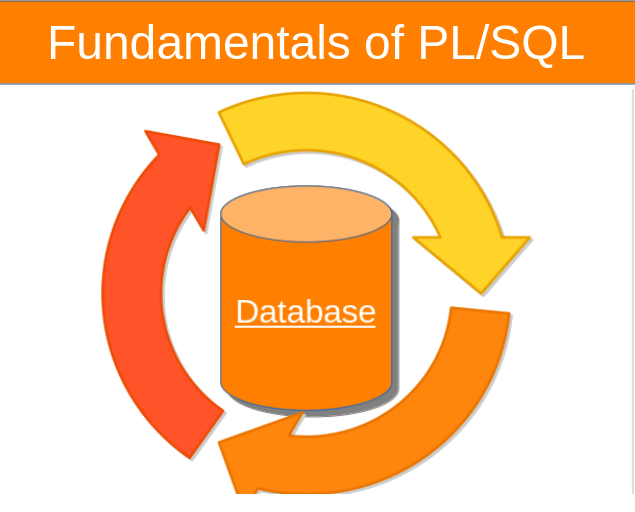Data Types in Oracle Database
- compnomics
- Aug 28, 2024
- 2 min read
Oracle Database offers a wide range of data types to accommodate various kinds of data. Understanding these data types is crucial for effective database design and query performance.
Numeric Data Types
NUMBER: The most versatile numeric data type. It can store integers, decimals, and floating-point numbers with varying precision and scale.
INTEGER: A subtype of NUMBER that stores integer values.
DECIMAL: A subtype of NUMBER that stores decimal numbers with a specified precision and scale.
FLOAT: A subtype of NUMBER that stores floating-point numbers with a specified precision.
BINARY_FLOAT: A subtype of NUMBER that stores floating-point numbers in binary format.
BINARY_DOUBLE: A subtype of NUMBER that stores floating-point numbers in binary format with double precision.
Character Data Types
CHAR: Stores fixed-length character strings.
VARCHAR2: Stores variable-length character strings.
NCHAR: Stores fixed-length character strings in Unicode format.
NVARCHAR2: Stores variable-length character strings in Unicode format.
CLOB: Stores very large character data.
NCLOB: Stores very large character data in Unicode format.
Date and Time Data Types
DATE: Stores a date and time value with a precision of seconds.
TIMESTAMP: Stores a date and time value with a precision of nanoseconds.
INTERVAL YEAR TO MONTH: Stores an interval of years and months.
INTERVAL DAY TO SECOND: Stores an interval of days, hours, minutes, and seconds.
Other Data Types
BLOB: Stores binary large objects (e.g., images, documents).
NCLOB: Stores binary large objects in Unicode format.
XMLTYPE: Stores XML data.
RAW: Stores raw binary data.
UROWID: Stores a unique row identifier.
Choosing the Right Data Type
When selecting a data type, consider the following factors:
Data Type Compatibility: Ensure that the data type matches the type of data you want to store.
Storage Efficiency: Choose a data type that is efficient in terms of storage space.
Query Performance: Consider how the data type will affect query performance.
Data Integrity: Select a data type that helps maintain data integrity.
By understanding the available data types and their characteristics, you can make informed decisions about database design and improve the overall performance and efficiency of your Oracle applications.





Comments